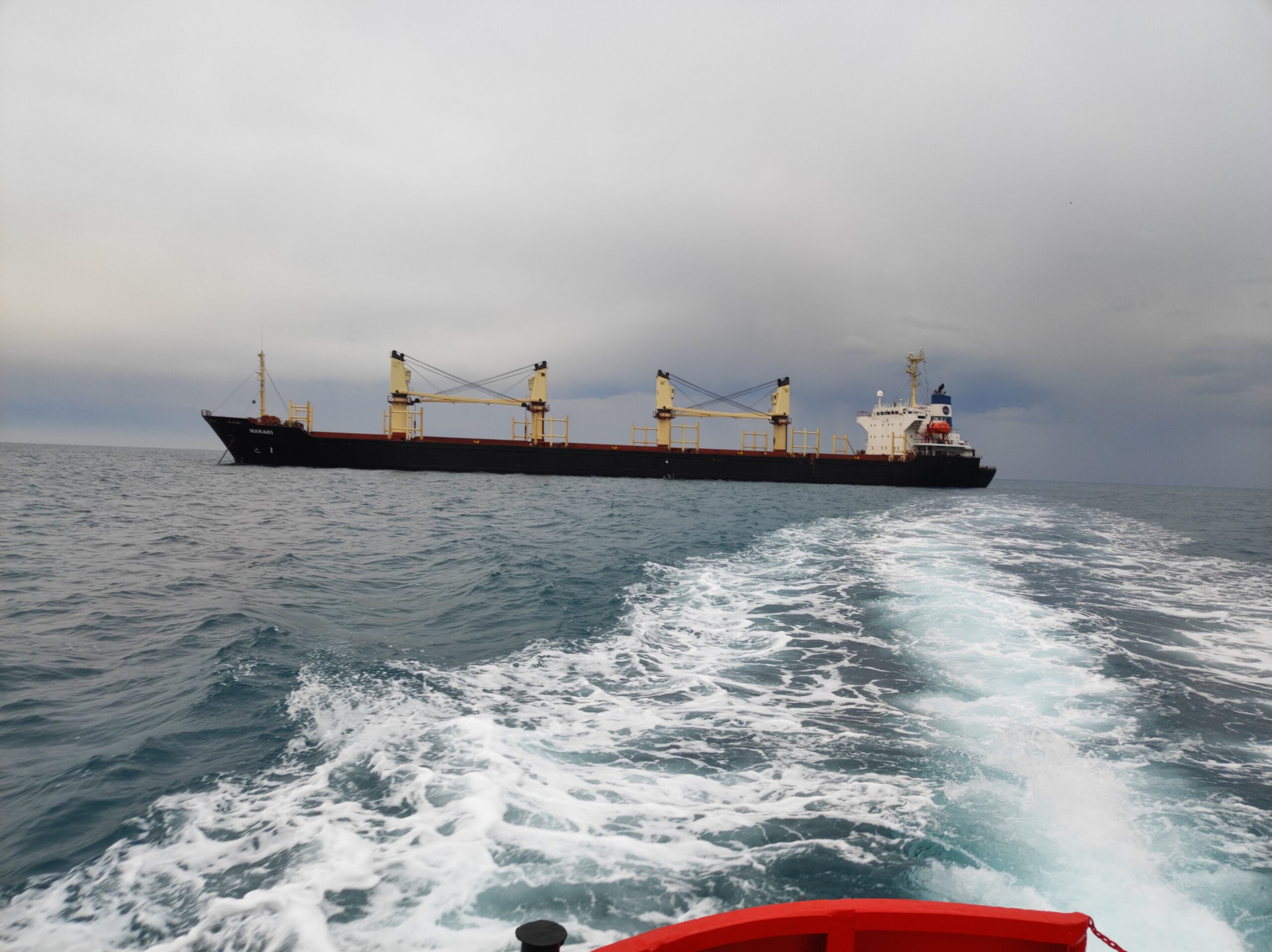Voyage Charter vs. Other Charter Parties: Key Differences
- Single-Voyage Focus: The vessel is hired exclusively for one route (e.g., “Port A to Port B”).
- Cost Responsibility: The shipowner covers all voyage expenses, including fuel, port fees, canal charges, stevedoring, hold cleaning, and insurance.
- Simplified Logistics: Ideal for businesses needing to ship bulk cargo (e.g., grains, coal) without long-term commitments.
How Does a Voyage Charter Work? A Step-by-Step Breakdown
- Freight Rate Negotiation: Charterers and shipowners agree on rates based on cargo volume, route distance, and current market conditions.
- Charter Party Signing: The legally binding contract outlines terms like laytime (allocated time for loading/unloading), ports, and penalties.
- Cargo Loading: The vessel arrives at the agreed port by the “laycan” date (laydays + cancellation date) to avoid delays.
- Voyage Execution: The ship sails to the destination port, monitored for compliance with the agreed timeline.
- Cargo Unloading: Charterers must complete unloading within laytime to prevent demurrage fees (charges for delays).
Key Voyage Charter Terms to Optimize Your Shipping Strategy
- Laytime: Allotted time for loading/unloading. Exceeding this incurs demurrage costs.
- Demurrage: Penalty fees for delays beyond laytime.
- Dispatch: Rebates for finishing loading/unloading early (rare in dry bulk shipping).
Why Choose a Voyage Charter? Benefits for Businesses
- Cost Transparency: Pay only for the voyage, with no hidden fees.
- Flexibility: Perfect for seasonal shipments or urgent cargo needs.
- Risk Mitigation: Shipowners handle operational costs and logistics.
FAQ: Voyage Charter Basics
Q: How are voyage charter rates calculated?
A: Rates depend on cargo type, route complexity, and fuel market trends.
Q: What’s the difference between a voyage charter and a time charter?
A: Time charters lease vessels for set periods (weeks/years), while voyage charters cover single routes.
Q: Who pays for cargo damage in a voyage charter?
A: Shipowners typically insure the vessel, but cargo insurance is the charterer’s responsibility.
Optimize Your Shipping Logistics Today
Need a reliable voyage charter partner for dry bulk cargo? Contact our experts for competitive freight rates and seamless global shipping solutions.




